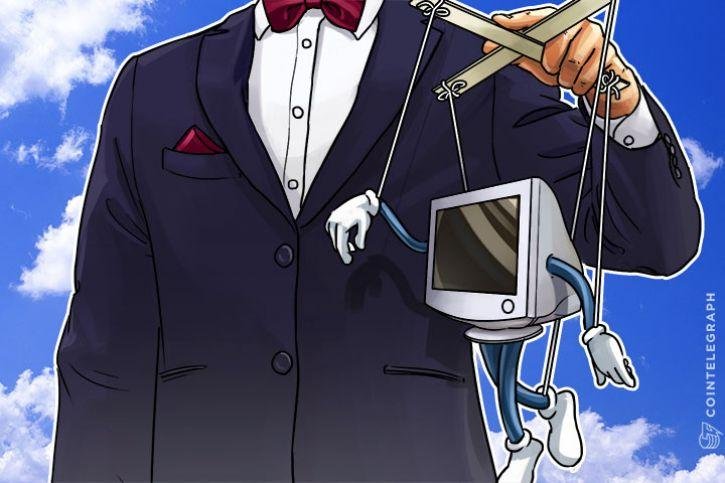
Synereo says it is working out what is a legitimate idea about how a DAO should properly function.It takes into account the human element when a system is not 100% autonomous but requires people with roles neatly defined in smart contracts. They will participate in the governance of decentralized systems, unlike in the case of Ethereum which has been described as a completely autonomous system.
Who should keep the keys to the kingdom?
This is timely following the recent hack of The DAO - or the Decentralized Autonomous Organization - on the Ethereum platform which led to a hard fork to recover the stolen funds. It has resulted in a split into ETH and ETC - Ethereum Classic.In an interview in the 75th episode of The Bitcoin Podcast titled Attention Economy, Greg Meredith, the CTO of Synereo, who is a recognized expert in the field of computation with many academic publications to his name, argued that making computer programmes be completely autonomous is a risk.Meredith says:
“You can’t visually inspect or probe a programme and say what it is going to do. Even if you probe with other kinds of automated means, it becomes halting hard to really tease out all the twists and turns that the programme can do. Computer programmes are mysterious. But they don’t have a lot of human qualities that make us sort of bond with each other. It’s ill-advised at this point to just hand over the keys to the kingdom to this new class of autonomous agent without a lot of reflection. I think that’s the situation we’re in right now.”
What to do with billions of interconnected contracts?
According to Meredith, the computer languages and programmes are built upon mathematics with a certain scope to operate in. What they can do and at what range they can do those things are not sufficiently known.Meredith explains:
“First of all, you can’t know it for a single programme. It becomes a lot worse when we imagine millions and millions of contracts and millions and millions of instances of those contracts. The first millions have a different kind of contract. The second millions is instances of those contracts that are running. So we’re literally talking billions of interconnected contracts. To think that we can understand the dynamics of that scale - we really don’t.”
Earlier in the interview, the hosts of the podcast said that Synereo’s formally-verified smartcontracting language, Rholang, would have prevented the attack on The DAO.They also said they have had positive responses from many conversations they had about the sharing of Synereo’s “DAO attack-preventing” code. The interest in working with the platform and utilizing their smart contracting framework has risen.
Synereo and its social model
Synereo offers a social model - one that integrates measures of compassion in its code. Their reputation mechanism assures that trust in people is still required, while tying the control assigned to them in formally-verified smart contracts – making that trust much harder to abuse.The technology behind it has been in development for more than four years before they thought of monetizing it to create a sustainable model for the decentralized network.By September, its Alpha release would be started as a test-net style process. It would enable its team to work with users on problems, listen for ideas, make improvements, and verify methods before bringing smart contracts, funded DAOs or DCOs online, etc.
